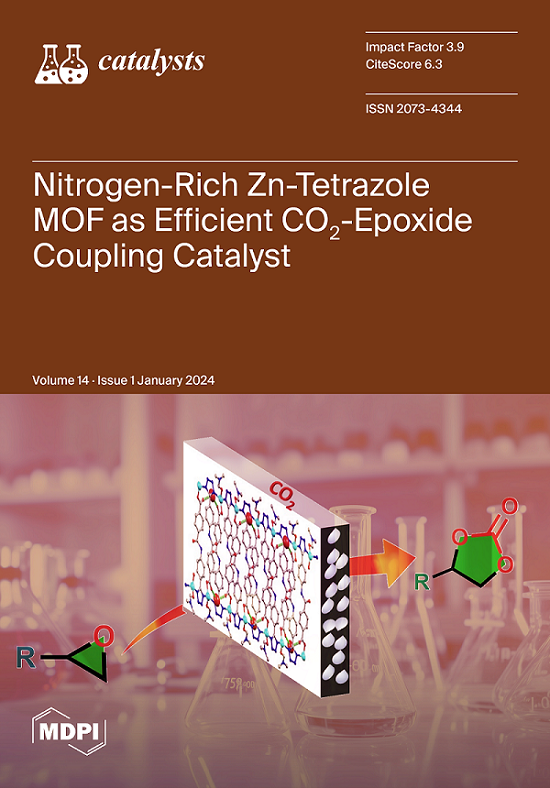Synergistic Use of Thermostable Laccase and Xylanase in Optimizing the Pre-Bleaching of Kraft Pulp
IF 4
3区 化学
Q2 CHEMISTRY, PHYSICAL
引用次数: 0
Abstract
The continuous requirement for pre-bleaching processes on kraft pulp, employing a range of compatible enzymes, aims to mitigate the pollution caused by chemical bleaching agents. In the present study, the laccase-producing bacterium Bacillus licheniformis BK-1 was isolated from the Bakreshwar hot spring in India and tested for laccase production using different lignocellulosic substrates. The isolate was found to produce maximum laccase (8.25 IU/mL) in the presence of rice bran as a substrate, followed by 5.14 IU/mL using sawdust over a 48 h period. Laccase production doubled when medium parameters were optimized using a central composite design. The bleaching of rice straw pulp was accomplished using a laccase, xylanase (previously extracted from the same bacteria), and laccase–xylanase mixture. The mix-wood kraft pulp treated with the enzyme mixture at pH 7.0 and 50 °C temperature for up to 180 min reduced the chlorine amount by 50% compared to the control. The results also revealed that the enzyme mixture improved the pulp’s optical (brightness 10.39%) and physical (tear index 39.77%, burst index 22.82%, and tensile strength 14.28%) properties with 50% chlorine dose. These exceptional properties underscore the enzyme mixture’s suitability for pulp pre-bleaching in paper manufacturing, offering a safer and more environmentally friendly process.热稳定性漆酶和木聚糖酶在优化牛皮纸浆预漂白中的协同作用
对牛皮纸浆预漂白工艺的持续需求,采用一系列兼容酶,旨在减轻化学漂白剂造成的污染。本研究从印度 Bakreshwar 温泉中分离出产漆酶的地衣芽孢杆菌 BK-1,并使用不同的木质纤维素基质对其产漆酶情况进行了测试。结果发现,在以米糠为底物的情况下,该分离菌的漆酶产量最高(8.25 IU/mL),其次是以锯末为底物的情况下,48 小时内的产量为 5.14 IU/mL。采用中心复合设计对培养基参数进行优化后,漆酶产量增加了一倍。使用漆酶、木聚糖酶(先前从同一细菌中提取)和漆酶-木聚糖酶混合物对稻草纸浆进行漂白。在 pH 值为 7.0、温度为 50°C 的条件下,用酶混合物处理混木牛皮浆长达 180 分钟,与对照组相比,氯含量减少了 50%。结果还显示,在氯剂量为 50%的情况下,酶混合物改善了纸浆的光学(白度 10.39%)和物理性能(撕裂指数 39.77%、爆裂指数 22.82%、抗张强度 14.28%)。这些优异的性能表明,酶混合物适用于造纸过程中的纸浆预漂白,提供了一种更安全、更环保的工艺。
本文章由计算机程序翻译,如有差异,请以英文原文为准。
求助全文
约1分钟内获得全文
求助全文
来源期刊

Catalysts
CHEMISTRY, PHYSICAL-
CiteScore
6.80
自引率
7.70%
发文量
1330
审稿时长
3 months
期刊介绍:
Catalysts (ISSN 2073-4344) is an international open access journal of catalysts and catalyzed reactions. Catalysts publishes reviews, regular research papers (articles) and short communications. Our aim is to encourage scientists to publish their experimental and theoretical results in as much detail as possible. Therefore, there is no restriction on the length of the papers. The full experimental details must be provided so that the results can be reproduced.
 求助内容:
求助内容: 应助结果提醒方式:
应助结果提醒方式:


